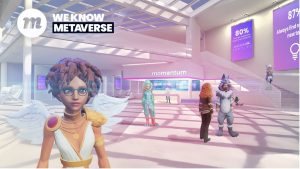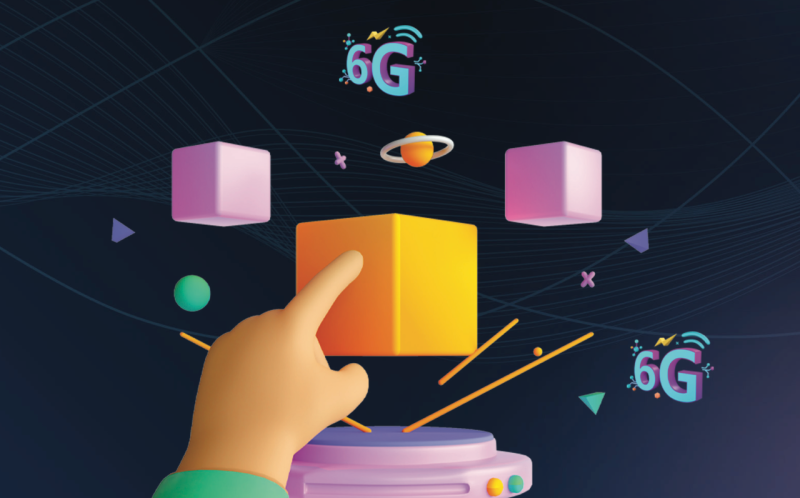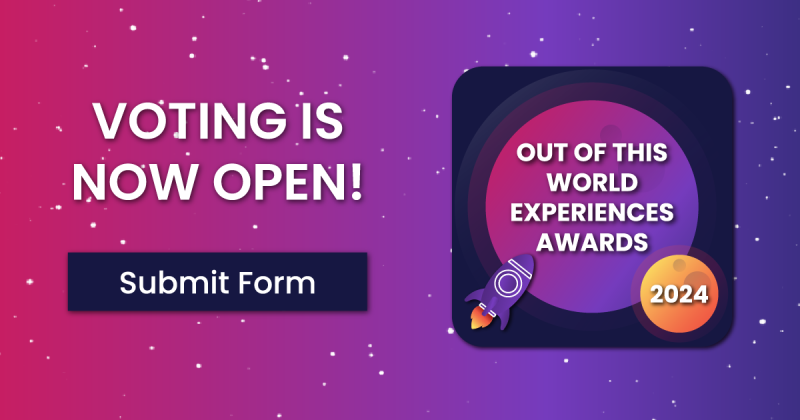
Report: 80% of People Feel More Included in the Metaverse Than in Real Life
A recent global study by Momentum Worldwide found that 80% of people feel more included in the metaverse than in real life, and consumers are now looking to the metaverse to fill three core aspects of life—inspiration, individuality and inclusion.
More than $120 billion has been invested in building out metaverse technology and infrastructure in 2022 to take advantage of the nearly three-quarters of consumers worldwide (71%) who promise to focus more on their mental wellbeing and are flocking to the metaverse to seek inspiration, be themselves, and connect with others more positively and inclusively. Exponential growth and adoption of marketing technologies led to the metaverse, but the impact these technologies have on people must be a key consideration for a brand’s metaverse strategy.
has been invested in building out metaverse technology and infrastructure in 2022 to take advantage of the nearly three-quarters of consumers worldwide (71%) who promise to focus more on their mental wellbeing and are flocking to the metaverse to seek inspiration, be themselves, and connect with others more positively and inclusively. Exponential growth and adoption of marketing technologies led to the metaverse, but the impact these technologies have on people must be a key consideration for a brand’s metaverse strategy.
Consumers have joined virtual platforms to have fun, be challenged, find inspiration, and connect with others. Global research has shown that:
- 80% of consumers find the metaverse to be a much more inclusive place
- 63% had no idea they had been in the metaverse all this time
- 85% like that they can change their appearance as they desire
- 79% say their friends within the space accept them for who they are rather than what they look like
“The metaverse is a combinatorial innovation of complex technologies,” said Jason Alan Snyder, global chief technology officer, Momentum Worldwide. “Until recently, the combined technologies that form metaverse experiences were costly to deploy and consume and, therefore, not practical. The practice of combining these technologies has matured, deployment costs are reduced and metaverse experiences are broadly available, so consumer adoption is saturating. Brands are adopting the metaverse at scale, too. Now we are learning how people behave and feel in the metaverse as we remove the barriers to entry. One particularly interesting area is the relationship between identity and personality.”
“Metaverse identity is an extension of our many identities in the real world. We are accustomed to constructing pseudo-identities for ourselves at work, in our personal lives with friends and family, and on social media. Brands are learning that identity and personality are two different things and not always interlinked. Understanding what consumers want from the metaverse, their behaviors and motivations to fulfill happiness, find escapism, and seek inclusion are vital for guiding how brands and businesses should behave,” Snyder added. “It’s imperative that brands understand when they can or should violate expectations about identity and personality. The new opportunity is to help brands navigate the friction between identity and personality in the metaverse.”
The global research was conducted using quantitative and qualitative methods of 4,500 participants from seven areas: Canada, Japan, MENA, Mexico, Spain, the U.K. and the U.S.







